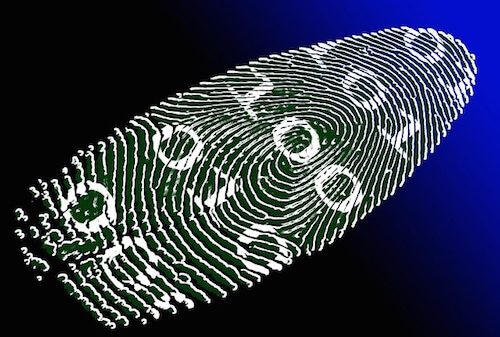Twitter does not seek any free speech rights guaranteed under Article 19(1), submitted the microblogging platform in its standoff with the Indian government at the Karnataka High Court on Monday. Remind me about this case?: Last July, Twitter challenged 39 government orders to block tweets and user accounts under Section 69A of the Information and Technology Act, 2000 (IT Act). The platform accused the government's orders of being "substantively and procedurally" non-compliant with the IT Act, and of harming its users' free speech rights. In response to the petition, the Indian government argued that "the protections of fundamental rights held under Articles 14 [equality], 19, and 21 do not apply to Twitter as it is neither an Indian citizen nor a ‘natural person’ [a foreigner who is not an Indian citizen]". Appearing for Twitter on Monday, Manu Kulkarni submitted that Article 14 rights are available to both foreigners and foreign entities. Additionally, a "certain breach" under the IT Act gives Twitter a cause of action in its favour. Therefore, Twitter has locus standi, or the right or capacity to appear in court, independent of the right to equality. Hearings continue before Justice Krishna S. Dixit today. Why it matters: The case will see the Karnataka High Court decide on what rights platforms like Twitter can actually exercise in India, and whether doing so compromises their safe harbour. Complaints can be brought to court: Kulkarni also submitted that invoking Articles 226 (and 227) is not confined to the violation of constitutional rights. They can extend…




























You must be logged in to post a comment Login